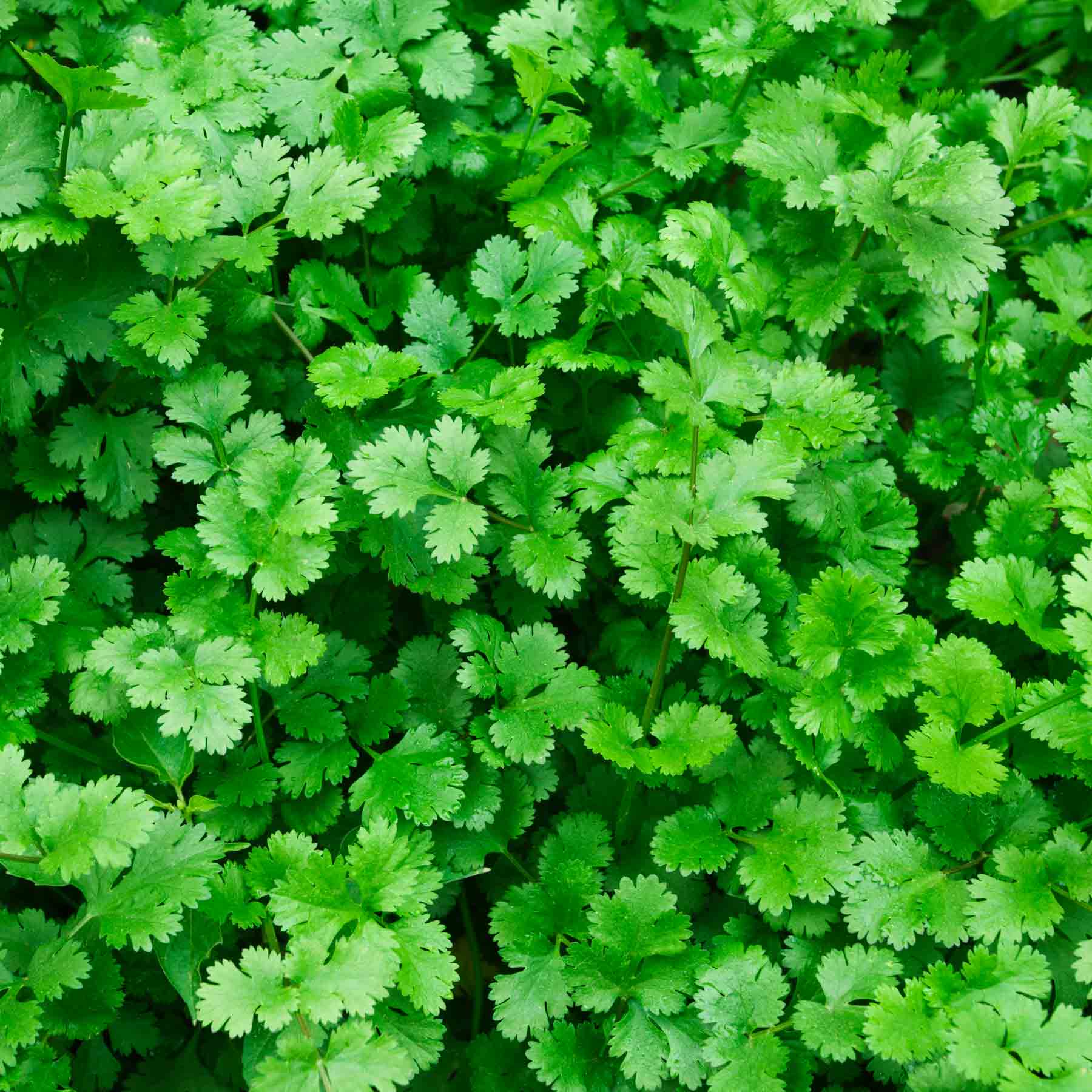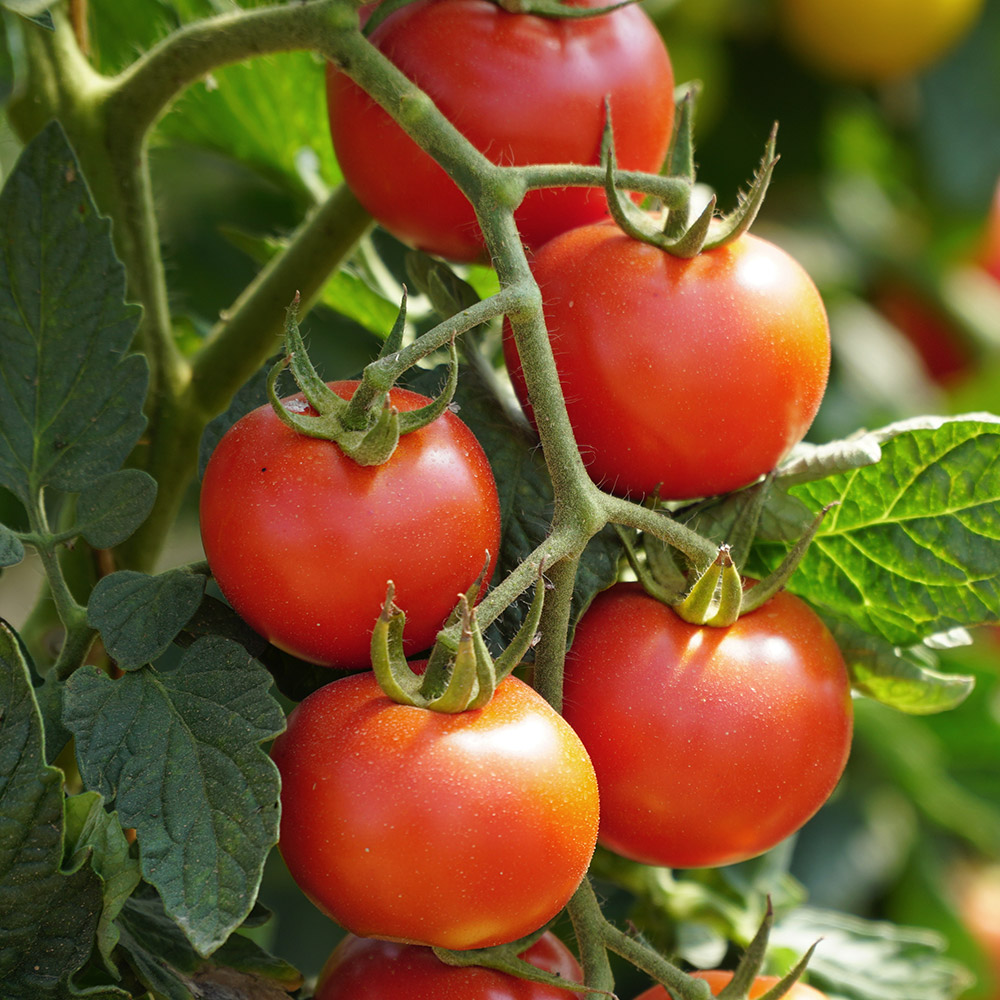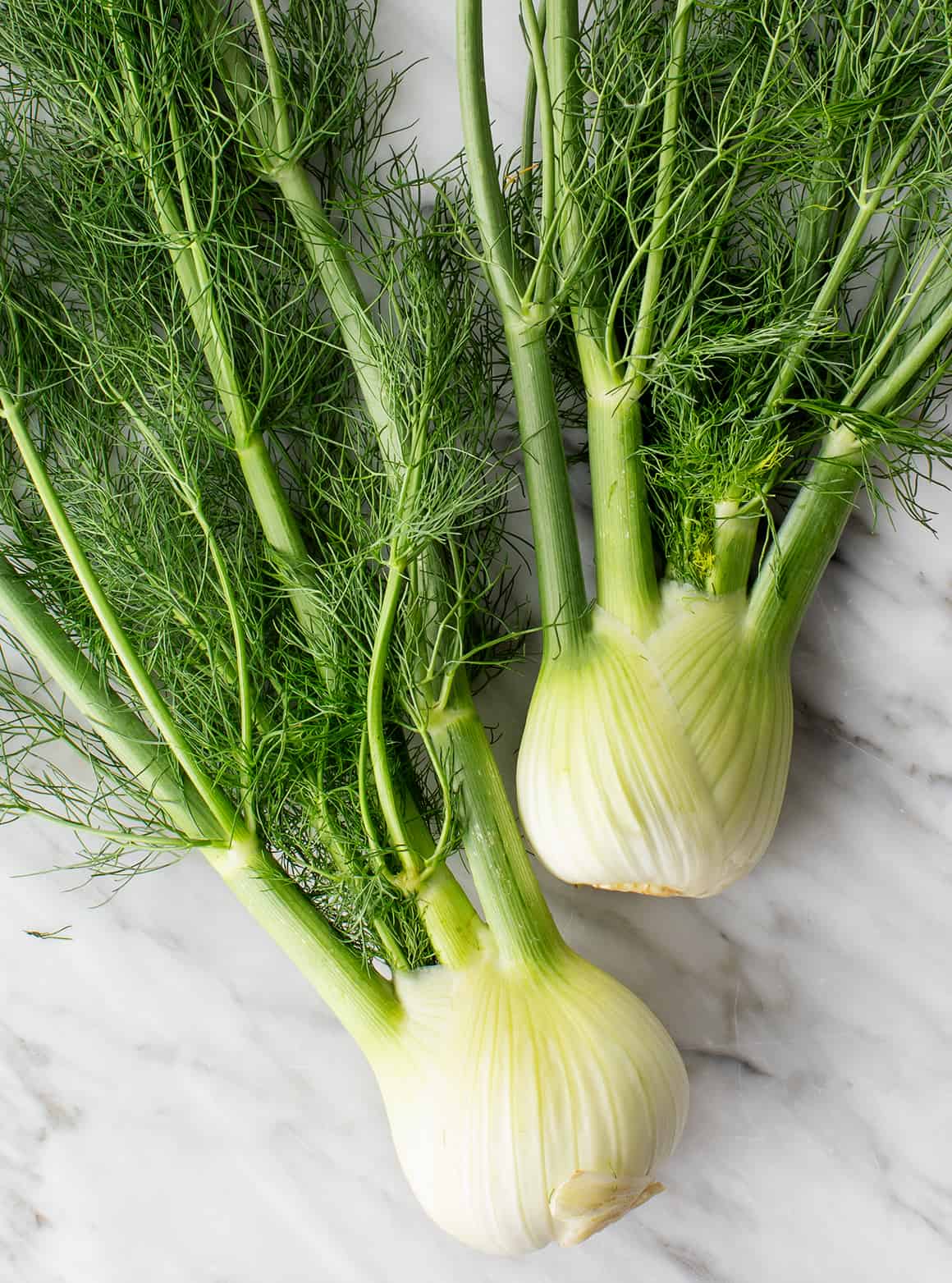The Ultimate Guide To Companion Planting With Peppers
The Ultimate Guide to Companion Planting with Peppers
Peppers are a delicious and versatile vegetable that can be enjoyed in many different ways. Whether you like them fresh, roasted, pickled, or stuffed, peppers are a great addition to any meal.
If you're growing peppers in your garden, you may be wondering what the best companion plants are. Companion planting is the practice of planting different types of plants together in order to benefit each other. There are many different benefits to companion planting, including:
- Attracting beneficial insects: Some plants attract beneficial insects, such as ladybugs and lacewings, which help to control pests.
- Distracting pests: Other plants have strong scents that can distract pests from your peppers.
- Improving soil quality: Some plants can help to improve the soil quality, making it more nutrient-rich and healthy for your peppers.
- Providing shade: Some plants can provide shade for your peppers, which can help to protect them from the sun and heat.
There are many different plants that can be companion plants for peppers. Some of the best include:
- Basil: Basil is a classic companion plant for peppers. It helps to repel pests, such as aphids and mosquitoes, and it also improves the flavor of the peppers.
- Carrots: Carrots help to attract beneficial insects, such as ladybugs and lacewings. They also help to improve the soil quality, making it more nutrient-rich for your peppers.
- Cucumbers: Cucumbers help to suppress weeds and provide shade for your peppers. They also help to attract beneficial insects.
- Eggplant: Eggplant helps to repel pests, such as aphids and whiteflies. It also helps to improve the soil quality, making it more nutrient-rich for your peppers.
- Lettuce: Lettuce helps to attract beneficial insects and suppress weeds. It also helps to keep the soil moist, which is important for peppers.
- Onions: Onions help to repel pests, such as aphids and mosquitoes. They also help to improve the soil quality, making it more nutrient-rich for your peppers.
- Spinach: Spinach helps to attract beneficial insects and suppress weeds. It also helps to keep the soil moist, which is important for peppers.
- Tomatoes: Tomatoes help to attract beneficial insects and suppress weeds. They also help to improve the soil quality, making it more nutrient-rich for your peppers.
There are also a few plants that should not be planted near peppers. These include:
- Fennel: Fennel produces a strong scent that can actually stunt the growth of peppers.
- Kale: Kale can attract pests, such as cabbage worms and aphids.
- Kohlrabi: Kohlrabi is a member of the brassica family, which can compete with peppers for nutrients.
- Mustard greens: Mustard greens can attract pests, such as aphids and cabbage worms.
- Squash: Squash can attract pests, such as squash bugs and cucumber beetles.
When companion planting peppers, it is important to consider the size and growth habits of the plants you are choosing. For example, you would not want to plant a tall plant, such as sunflowers, next to a short plant, such as peppers. This is because the tall plant would shade the short plant and prevent it from getting enough sunlight.
You should also consider the climate in your area when companion planting peppers. For example, if you live in a hot climate, you may want to plant peppers with plants that can provide shade, such as cucumbers or eggplants.
With a little planning, you can use companion planting to help your peppers thrive. By planting the right plants together, you can attract beneficial insects, deter pests, improve soil quality, and provide shade. All of these things can help your peppers produce a bumper crop.
Growing peppers is a rewarding experience, but it's important to know which plants to companion them with. Some plants can help to repel pests, attract beneficial insects, or improve the soil quality for your peppers.
One of the best companion plants for peppers is basil. Basil not only helps to deter pests like aphids and whiteflies, but it also enhances the flavor of peppers. Other good companion plants for peppers include carrots, dill, marigolds, onions, and parsley.
If you're looking for more information about companion planting with peppers, I recommend visiting the Gardenia Inspiration. This website has a wealth of information on the topic, including a list of recommended companion plants, tips on how to plant them together, and advice on how to avoid planting incompatible plants.
FAQ of companion plants with peppers
- What are some good companion plants for peppers?
Some good companion plants for peppers include:
- Basil: Basil is a popular companion plant for peppers because it helps to repel pests such as aphids, whiteflies, and mosquitoes. It also helps to attract pollinators, which can help to improve the fruit set of your pepper plants.

- Cilantro: Cilantro is another herb that repels pests and attracts pollinators. It also helps to improve the flavor of peppers.

- Onions: Onions help to repel root knot nematodes, which can damage the roots of pepper plants. They also help to improve the flavor of peppers.

- Marigolds: Marigolds help to repel nematodes, aphids, and whiteflies. They also help to improve the drainage of the soil around pepper plants.

- Tomatoes: Tomatoes and peppers are both members of the nightshade family, and they benefit from being planted together. Tomatoes help to deter pests from peppers, and peppers help to deter pests from tomatoes.

- What plants should I avoid planting near peppers?
Some plants that you should avoid planting near peppers include:
- Brassicas: Brassicas, such as broccoli, cabbage, and kale, can compete with peppers for nutrients and water. They can also attract pests that are harmful to peppers.

- Fennel: Fennel has a strong aroma that can stunt the growth of pepper plants.

- Apricot trees: Apricot trees can harbor pests that are harmful to peppers.

- Beans: Beans and peppers have different soil nutrient needs, and planting them together can lead to nutrient deficiencies in both plants.
-(2).jpg)
- How far apart should I plant peppers and their companion plants?
The distance at which you should plant peppers and their companion plants will vary depending on the size of the plants. In general, you should space peppers at least 18 inches apart, and their companion plants at least 12 inches apart.
- What are the benefits of companion planting with peppers?
There are several benefits to companion planting with peppers. Companion plants can help to:
- Repel pests
- Attract pollinators
- Improve the flavor of peppers
- Improve the drainage of the soil
- Provide shade and support
- How can I choose the right companion plants for my peppers?
When choosing companion plants for your peppers, you should consider the following factors:
- The size of the plants
- The sunlight and water requirements of the plants
- The pests and diseases that are common in your area
- The flavor profile of the plants
Post a Comment for "The Ultimate Guide To Companion Planting With Peppers"